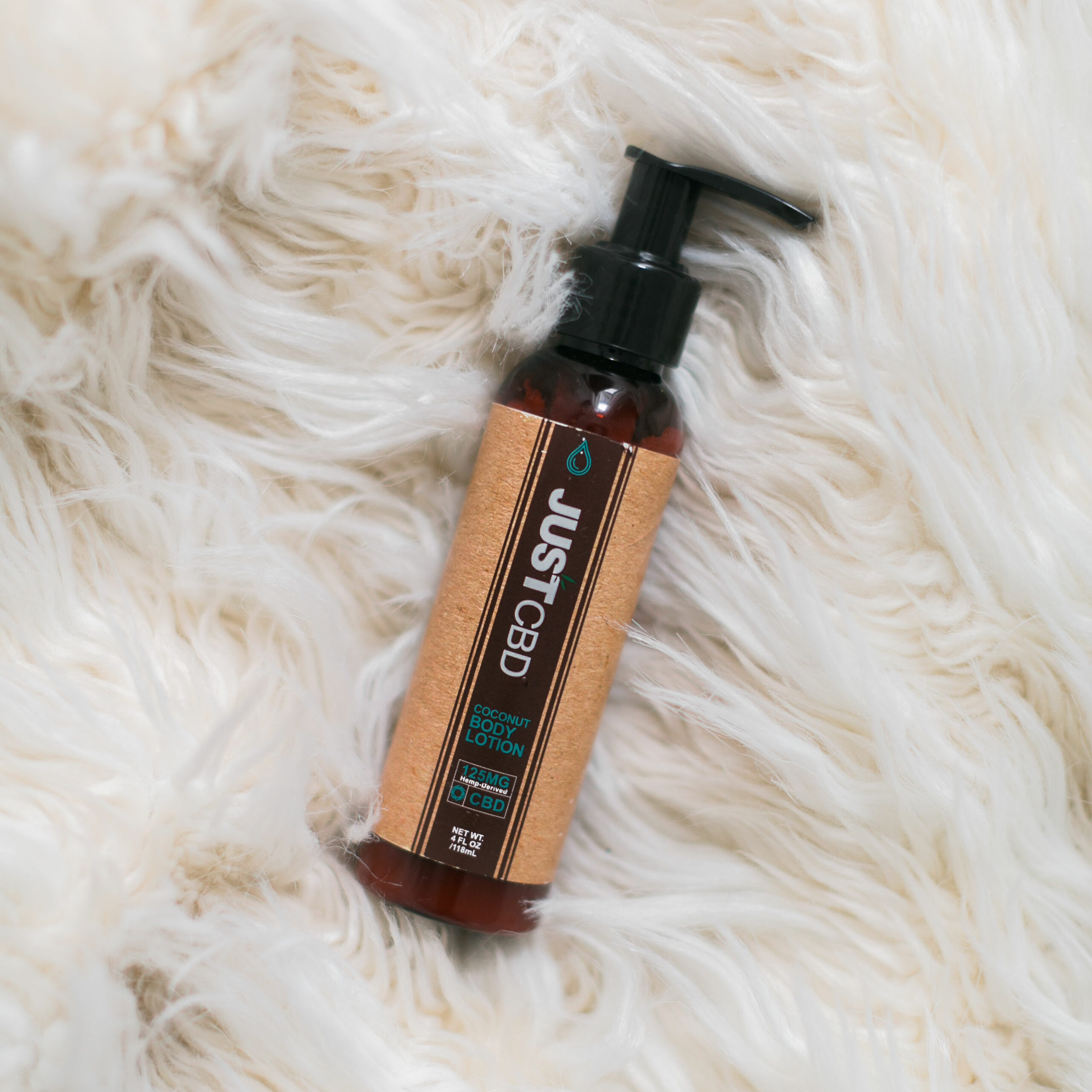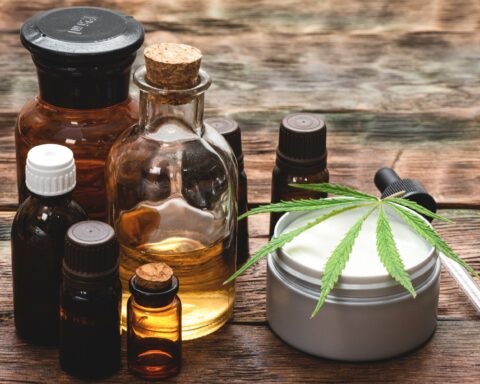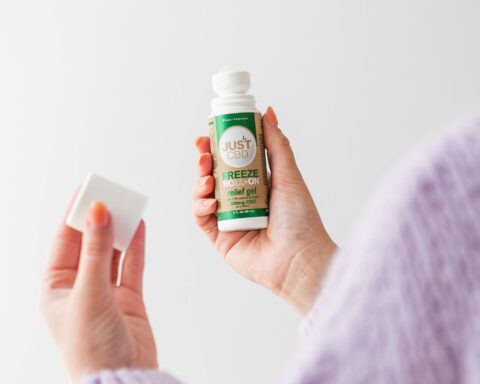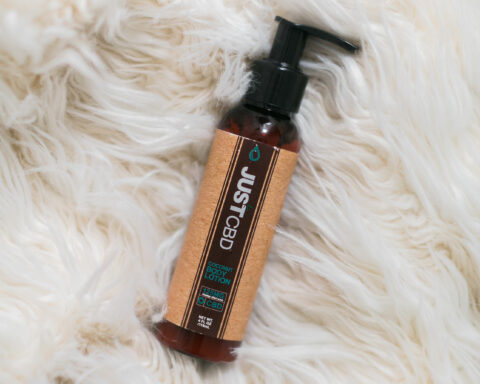CBD, also known as cannabidiol, is one of over 80 chemicals isolated from the cannabis sativa plant known as cannabinoids. CBD, which does not make you high, and THC, are the two well-known.
If you intended to ignore the CBD movement, you might reconsider: Cowen & Co believes that the American CBD market will be worth $16 billion by 2025. You’ve seen an infused version of everything from mascara to personal lubrication. Will it help you relax? Does it give you beautiful skin? Is it possible to get high off of it?
How Does CBD Function?
Our bodies produce anandamide, often known as the “bliss molecule,” a cannabis-like compound. (Consider runner’s high.) “CBD essentially boosts the own endocannabinoid levels,” explains Michele Ross, CEO of Infused Health, a cannabis education and health coaching program. “Increased anandamide levels in the brain and body have anti-inflammatory effects, but it also has additional functions at other receptors.” The specifics of all of them are still being worked out in the lab. The majority of the media coverage has been on its usage in treating treatment-resistant epilepsy, and it’s been hailed as a potential cure for anything from anxiety to some cancer forms.
When you take CBD supplements or consume them, it absorbed into the bloodstream like a Tylenol tablet, pinging your body’s endocannabinoid receptors. “It’s unusual to go deep into the bloodstream and collect in the outer skin layers,” explains Bonni Goldstein, M.D., a physician in Los Angeles and Weedmaps’ medical advisor. It is believed that CBD that has been preserved can give longer-term relief.
CBD Skin Benefits
According to Shamban, the level of advantages of CBD impacts on various skin disorders is still being debated. It is a novel science being investigated, and more studies are needed to prove whether CBD or other compounds in the cannabis plant directly enhance skin quality.
- Treat Inflammatory Acne: CBD may help lessen the redness, soreness, and puffiness associated with inflammatory acne or pimples.
- Regulate Oil Production: As previously stated, CBD aids in the regulation of oil production hormones, hence lowering excess sebum.
- Neutralize Free Radical Damage: CBD may help prevent skin deterioration by neutralizing free radicals.
- Reduce Breakouts: CBD may help alleviate breakout irritation and, as a result of oil production control, breakouts in general.
- Reduce Hormonal Conditions: Because CBD is a strong adaptogen, it may help reduce the hormonal and other substances produced in the body during times of stress (i.e., kinase, nitric oxide, and cortisol).
- Also, topical CBD lowers discomfort and swelling for those who can’t or don’t want to take pain relievers. That’s why it’s common in so many rubs and balms as a chicer option to Bengay for achy joints or sore muscles before and after exercises. CBD oil has the same qualities that make it an excellent massage lotion.
- Calm Rosacea: Because of its capacity to lower inflammation, CBD may aid in the relief of rosacea flare-ups.
- Soothe Eczema: According to Shamban, CBD helps treat the redness and inflammation associated with eczema and chronic skin illnesses like dermatitis.
- Hydration: CBD contains hydrating effects that can aid in treating dehydration and dry skin.
Is CBD legal at all?
Yes, if it’s extracted from industrial hemp and properly labeled.
The 2018 Farm Bill eased CBD laws by permitting the production of industrial hemp ( with less than 0.3 percent THC content) and removing hemp-derived goods from the Schedule 1 drug list. The FDA has authorized one CBD-based medicine, Epidiolex, used to manage seizures in children with uncommon epilepsy. It gets a little hazy from there. When Scott Gottlieb was still the FDA’s director, he tweeted about the agency’s next actions to bring the CBD craze under control. Under the FD&C Act, cosmetic items and chemicals do not require FDA premarket approval, whereas food and drugs do.
How to Make Use of It
It all depends on the product you choose for CBD skincare. “Most CBD products are topicals such as creams and salves,” Engelman explains. “Apply, as usual, stacking the skincare products from thin to thick. Serums should be used first, followed by creams. However, consumers should avoid to self-diagnose skin disorders. “Always read the box and ingredients and consult with a certified dermatologist, primary care physician, or other healthcare professional before beginning any novel topical care,” Shamban advises.
How to Make a Decision
CBD products are not regulated by the Food and Drug Administration (FDA). As a result, we advise individuals to look for CBD oil products that:
- The Agriculture Improvement Act requires that products include no more than 0.3 percent THC.
- Has documentation of third-party testing by an ISO/IEC 17025-
- Accredited laboratory clear pesticides, trace metals, mold, and microbial tests
- Pass product potency assessment and safety checks are not from a company that has received an FDA written warning
- comes from a corporation that issues certificates of analysis (COAs) for all of its products.
Likewise, consumers may think about:
- CBD potency cost
- price
- retailer’s and manufacturer’s reputation
- customer reviews
Side Effects
Generally, according to the World Health Organization (WHO)Trusted Source, people tolerate CBD effectively. However, certain typical CBD side effects that may be dose-dependent can include:
- drowsiness
- cotton or dry mouth
- tiredness
- Changes in appetite and weight as a result of diarrhea
It is also important to note that CBD may react with some medications, so individuals taking prescription medication should consult with a specialist about using any CBD products.
Conclusion
According to research, CBD oil may be useful as a treatment for various skin diseases, including acne, eczema, and psoriasis. This is because it has anti-inflammatory, antimicrobial, and antioxidant effects. CBD oil can be applied topically, consumed, or used in topical skin care products such as creams or lotions that contain CBD oil.
References
Chelliah, M. P., Zinn, Z., Khuu, P., & Teng, J. M. (2018). Self‐initiated use of topical cannabidiol oil for epidermolysis bullosa. Pediatric dermatology, 35(4), e224-e227.
- Is Mushroom Coffee Worth the Hype? An Expert’s Take - April 19, 2024
- Missionary Position – Least Likely To Bring You To Climax - April 7, 2023
- Vibrators could put you in Jail - March 31, 2023









